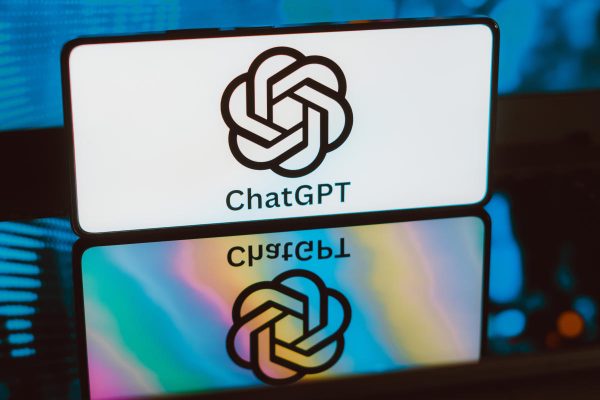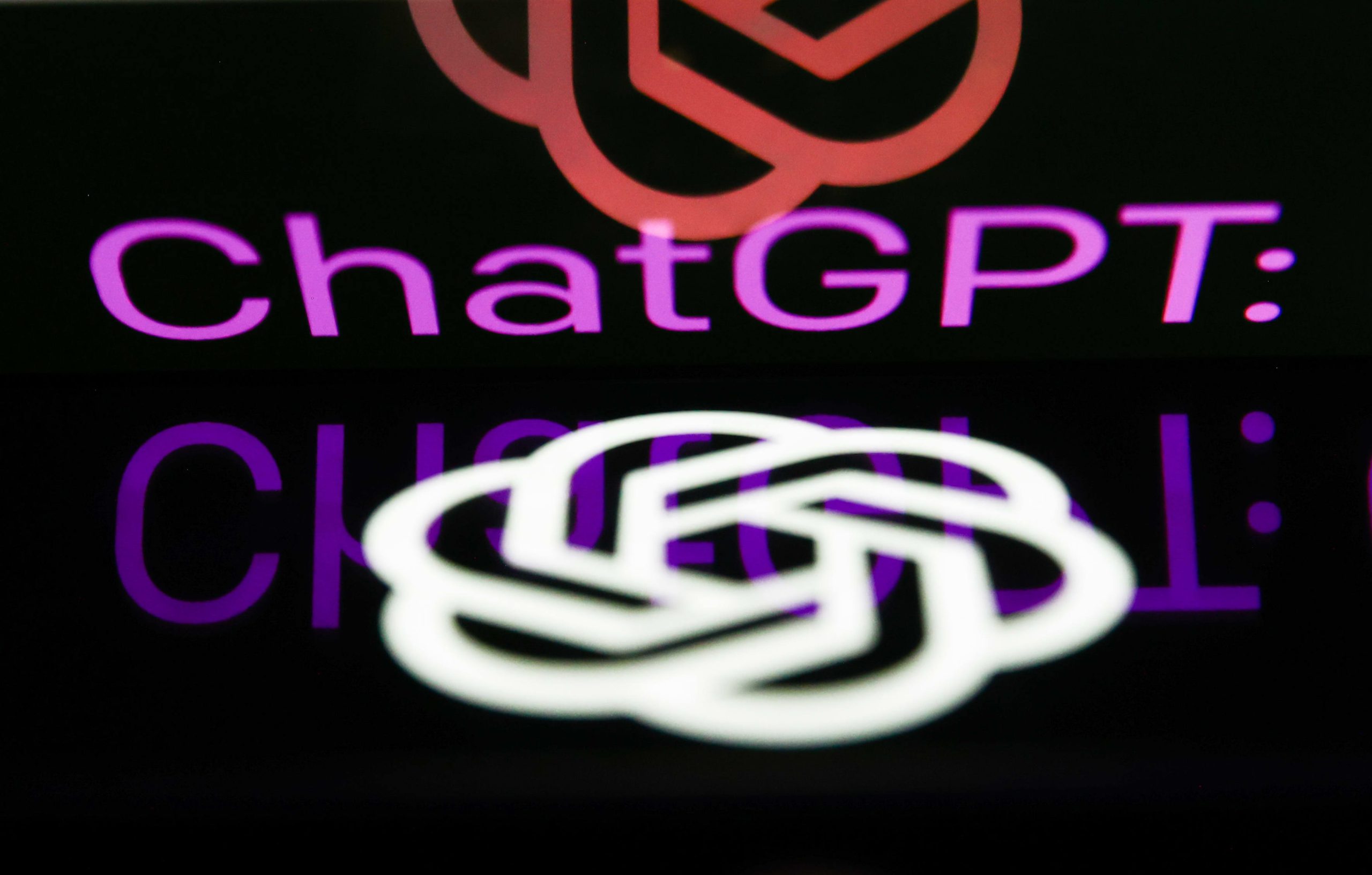When ChatGPT Lost its Way: What We Learned from an AI Assistant’s Strange Day
On Tuesday last week, something unusual happened with ChatGPT – one of the most widely used AI conversation models available. Without warning, the chatbot started responding to simple questions and comparisons with meandering paragraphs of nonsense words rather than helpful explanations. Perplexed users took to social media to share examples of the bot’s strange new behavior.
While humorous in hindsight, this odd incident highlighted important realities about the current limitations of even the most advanced AI systems. Generative models like ChatGPT are complex neural networks trained to predict language, but they don’t truly understand meaning in the way humans do. When some unexpected input or internal glitch disrupts their pattern-matching abilities, unintelligible output can result.
What Went Wrong?

OpenAI, the company behind ChatGPT, later confirmed a “bug with how the model processes language” was to blame. The neural networks powering such AI models work by randomly sampling numbers to map to word tokens during response generation. But a glitch caused incorrect number selection, resulting in word sequences that made no sense. The company swiftly rolled out a fix to resolve the issue.
Still, the incident served as a reminder that generative AI like ChatGPT remains an imperfect technology – one that can produce bizarre or nonsensical language if its internal processing goes awry. While such models offer compelling conversational abilities, we must be careful not to rely on them too heavily or uncritically for important tasks like work, education or decision-making support just yet. Their capabilities remain limited compared to human-level language mastery.
In conclusion, last Tuesday’s strange day demonstrated both the promise and present limitations of AI like ChatGPT. As these powerful models become ever more common in our lives, it is important we approach them thoughtfully – recognizing what they can and cannot do, as well as the lessons that can come from their inevitable mistakes. Events like this one highlight the ongoing progress still needed before AI truly matches human abilities.





